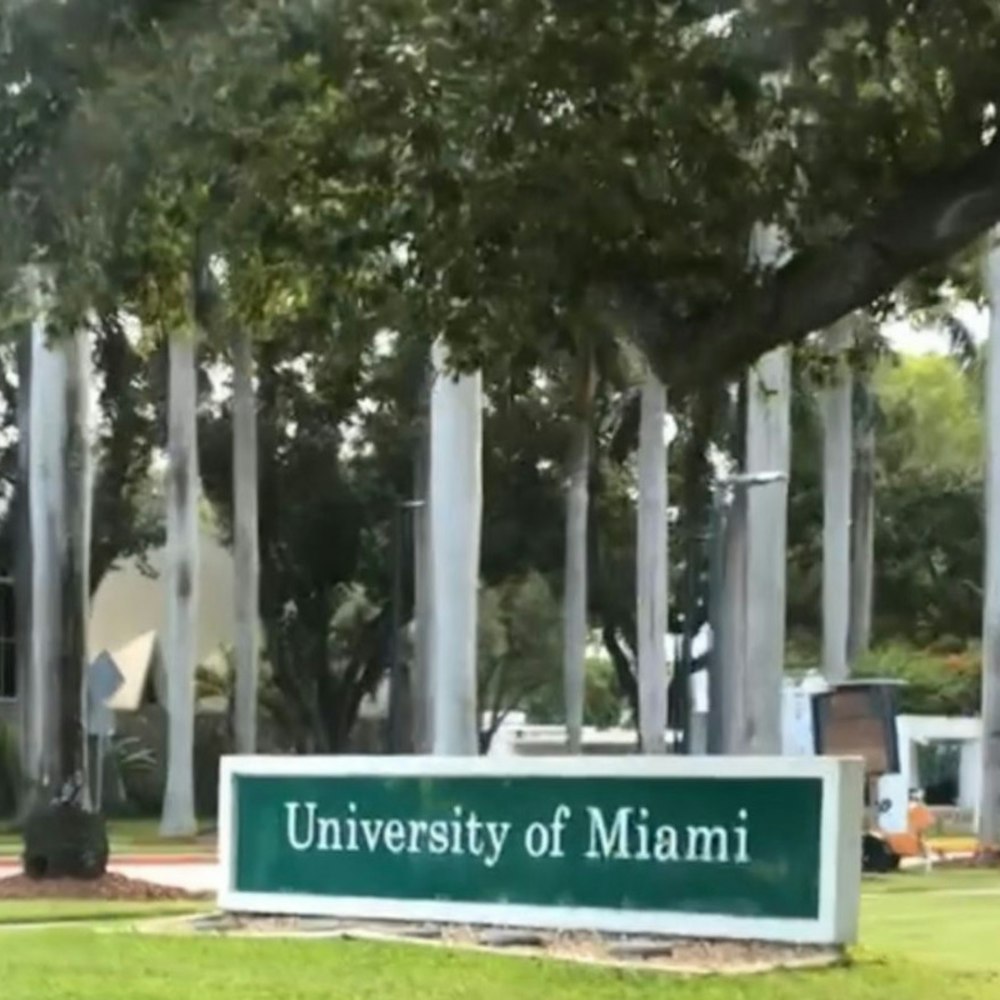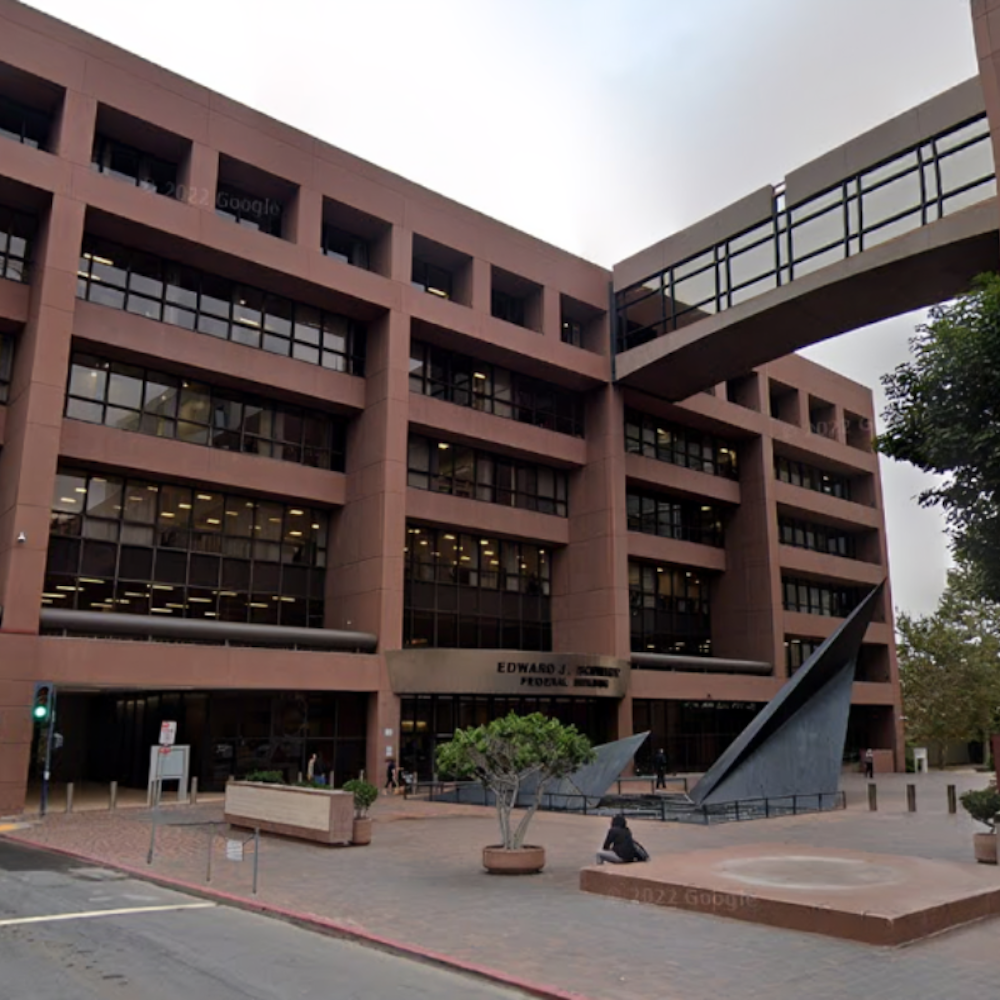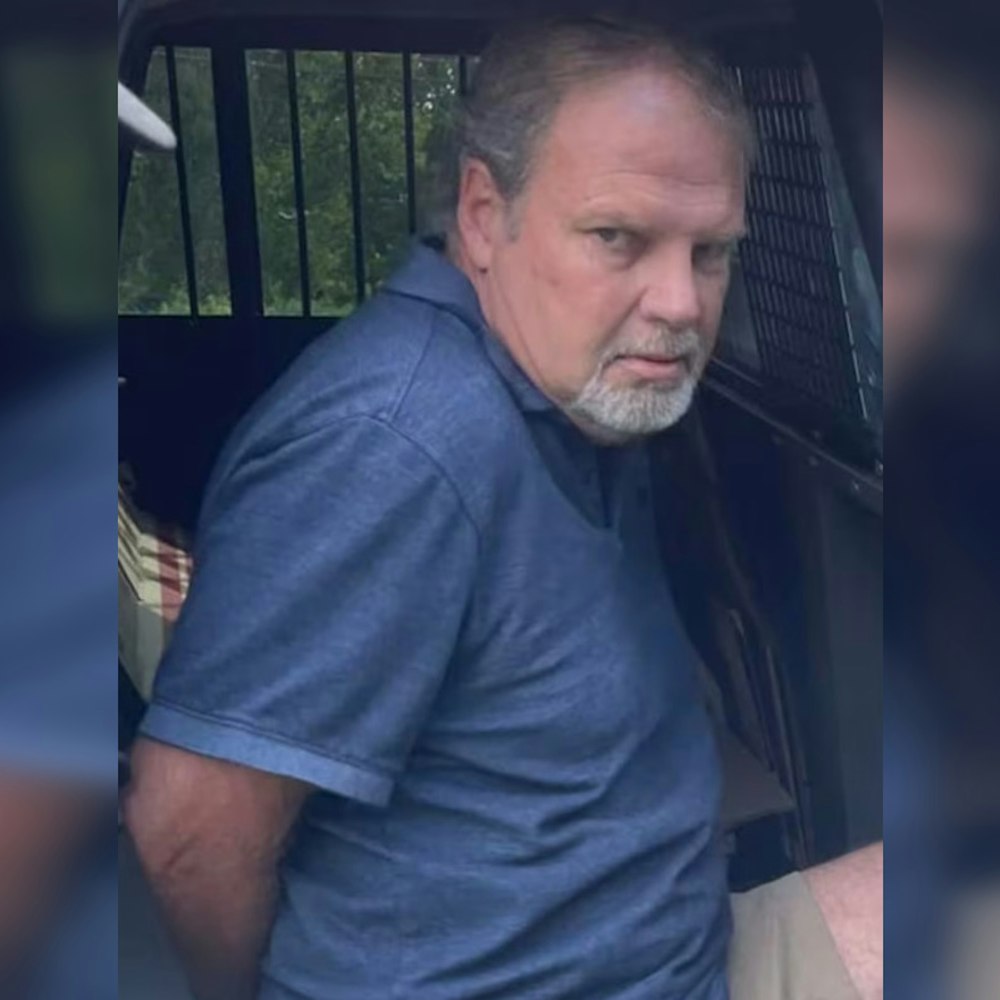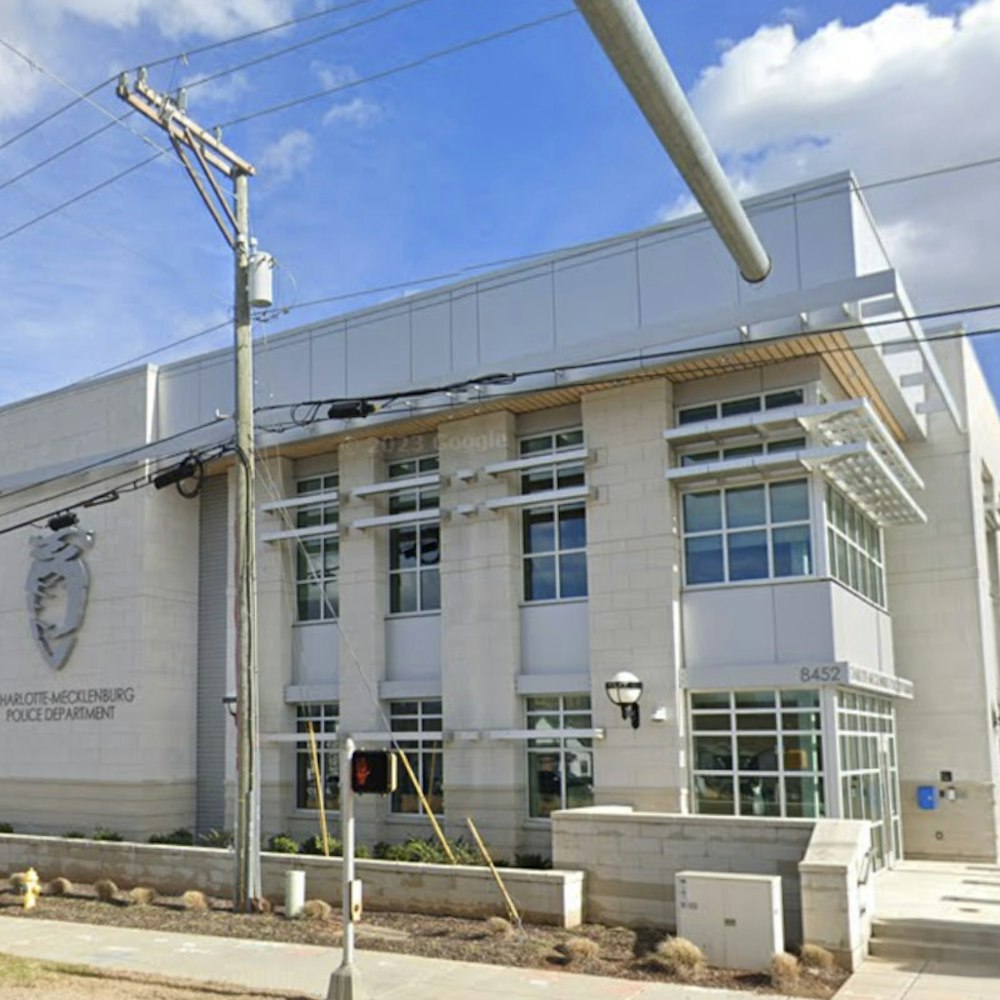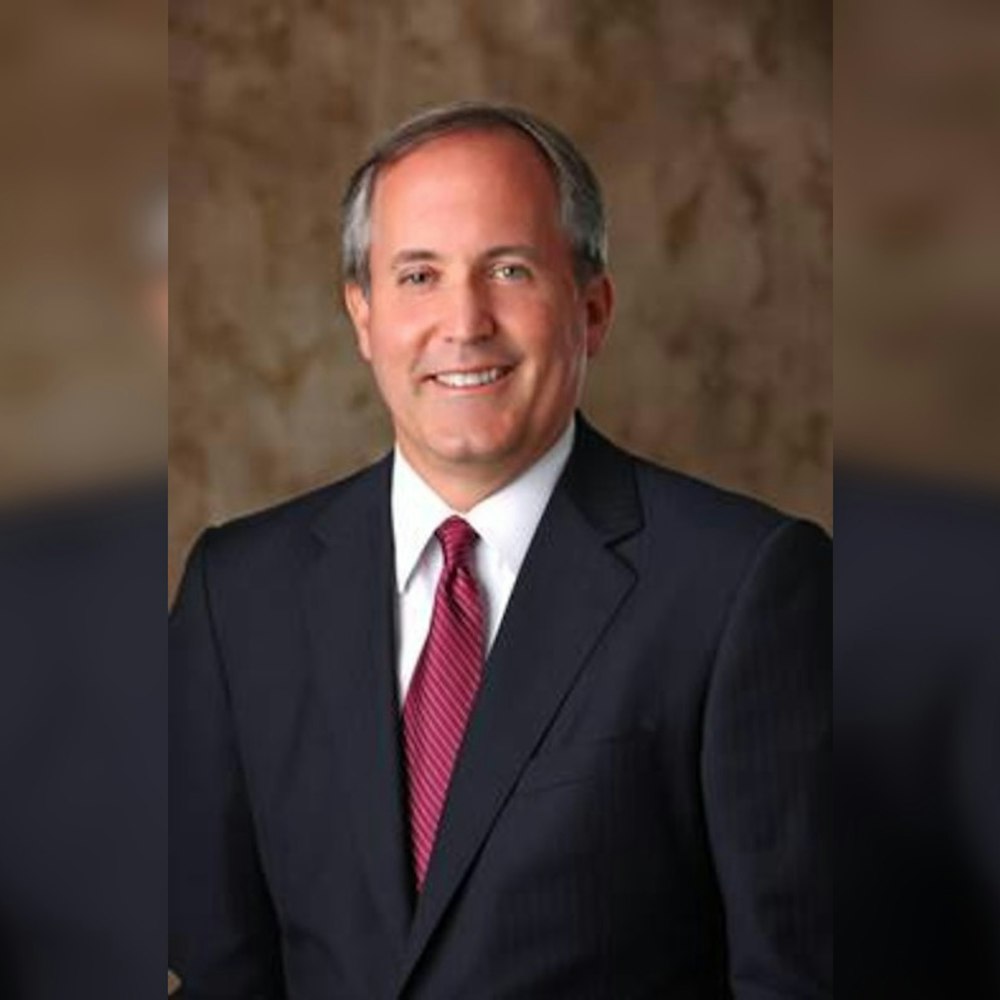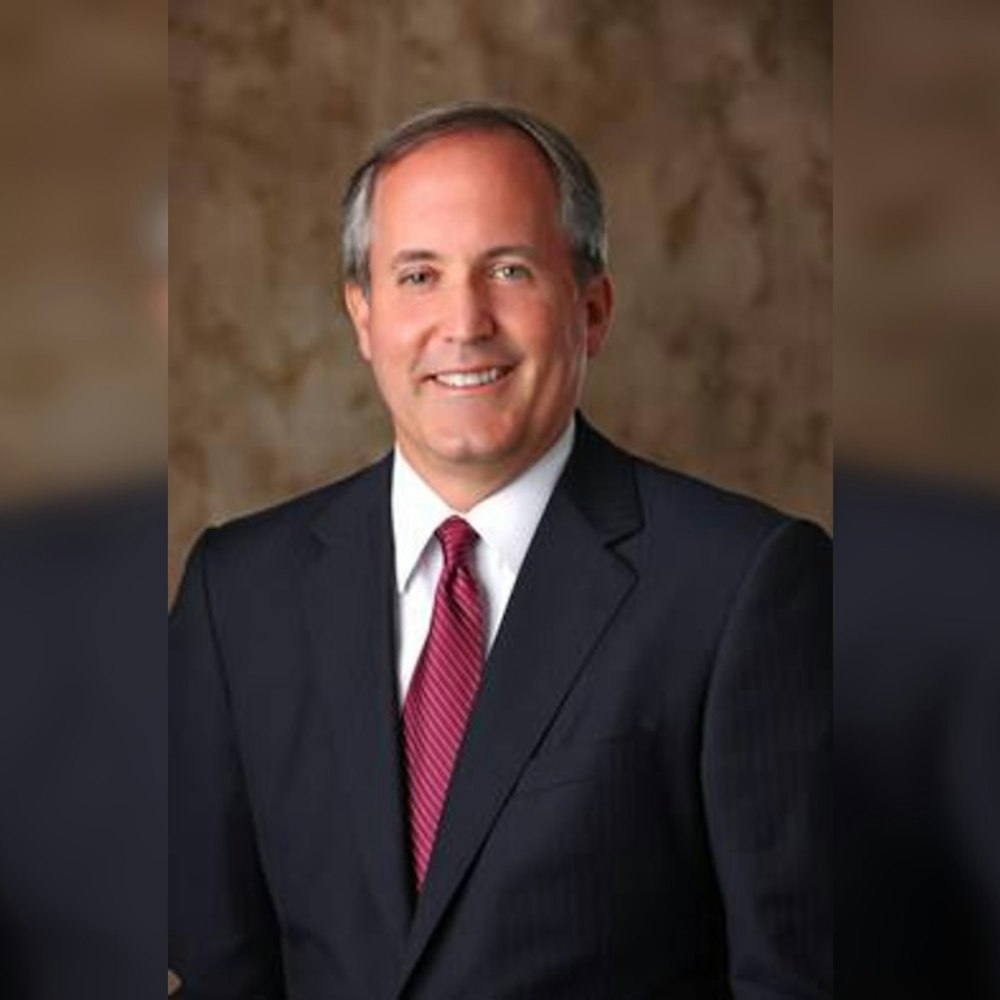
In a city where short-term rentals and the troubles they bring have been a growing thorn in the side of residents and city officials alike, San Antonio's City Council has laid down new ground rules. It approved an amended ordinance yesterday, a significant shift aimed to rein in so-called 'party houses' and ensure responsible operations. The San Antonio City Council raised the permit fees for non-owner occupied short-term rentals from the previous $100 for a three-year span to a stiffer $475, a nod to increasing regulatory burden and community pressure.
Despite the task force's recommendation, the finalized fee is substantially less than the $975 initially suggested by a council committee. With owner-occupied rentals seeing a smaller increase to $300 for the same period, the decision has carved a clear distinction between the two types of rental scenarios. Armed with these revisions, platforms like Airbnb and Vrbo face new responsibilities as part of the crackdown, now required to display permit numbers on listings and to funnel the hotel occupancy taxes to the city's coffer directly, according to details provided by San Antonio Report.
Last fall's estimates from Avenu pointed out that between 1,200 to 1,500 short-term rental units might be operating off the books in San Antonio. Since 2019, when the original ordinance was enacted, almost $14.4 million in hotel occupancy taxes have flowed into the city's treasury from these rentals. The newly adjusted permit fees stand to not only cover the managing costs but also potentially fund a dedicated code compliance officer—a role missing yet critical to managing this teetering sector, explained Development Services Director Michael Shannon. "A dedicated code compliance officer who could respond to so-called party houses," which have been the source of the lion's share of neighborhood complaints, attracted several council members' interest, echoed by Shannon during discussions.
District 2 Council member Jalen McKee-Rodriguez described the new Type 2 rental fee as a countermeasure against profit-driven companies "to take a scarce resource like housing and pimp it out as a small-scale hotel business," in a statement obtained by the San Antonio Report. In an illustrative show of the local tensions, nearly half of all short-term rentals are located in just two of the city's districts, making the sector's ripple effects in housing prices and availability increasingly palpable. “Come to any District 5 neighborhood association meeting,” Council member Teri Castillo remarked, “and what comes up is housing insecurity and the lack of access to affordable housing.”
The ordinance tweaks go deeper than fee adjustments, incorporating the option for required "compliance meetings" to guide repeat violators towards following guidelines, with the threat of permit revocation looming over noncompliant operators. Adding to the tool belt of city regulations, the past fiscal year saw 1,366 permits revoked due to a combination of delinquent tax payments among other violations. The ripple effects of such 'problem party houses', albeit not pervasive, "really disrupt the neighborhood significantly, especially the immediate neighbors on the block," Shannon told the San Antonio Report. His promise to include the hiring cost for a dedicated code compliance officer in the fiscal year 2025 budget proposal underscores the city's proactive stance against the cacophony of unruly rental properties.
-1.webp?w=1000&h=1000&fit=crop&crop:edges)
